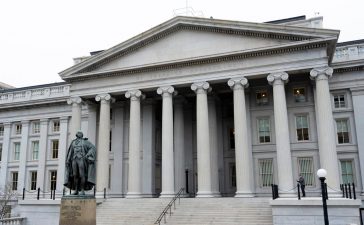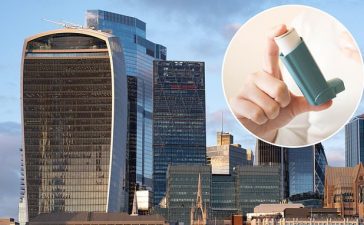
Health departments need to ensure that as gatekeepers, they are up to speed on the disease. So far, national and sub-national governments have proved to be on the ball. Stepping up surveillance and testing from the start will enable health departments send out alerts to other branches of the administration on measures they need to take. It is a good idea, especially in these winter months when poor air quality is already compromising immunity, to step up with precautionary measures, particularly for the most vulnerable segments such as the elderly, children and the infirm. Masking, improved sanitation, better ventilation and, especially, improved crowd management in public spaces would be measures that all administrations could take to minimise spread of this new variant. Ensuring that hospitals can turn around operations with no time wasted to deal with a sudden and rapid escalation of JN.1 cases, and dissemination of accurate information are essential steps that administrations should take.
Precautionary measures apart, this new Omicron sub-variant should serve as a system-check moment to ensure that healthcare and allied processes are fit for purpose. This JN.1-fuelled spike should spur the development of therapeutics that will truly make Covid just another viral disease we can live with.











